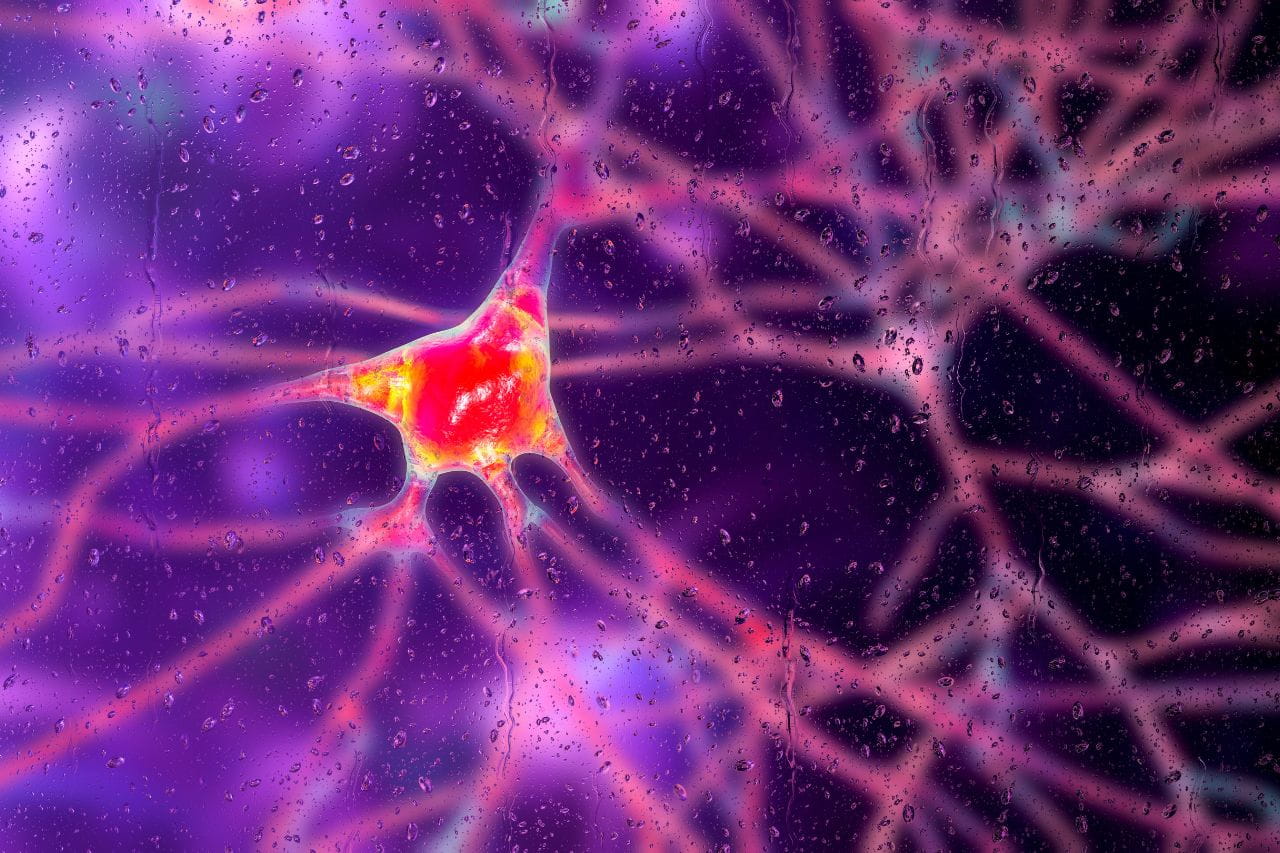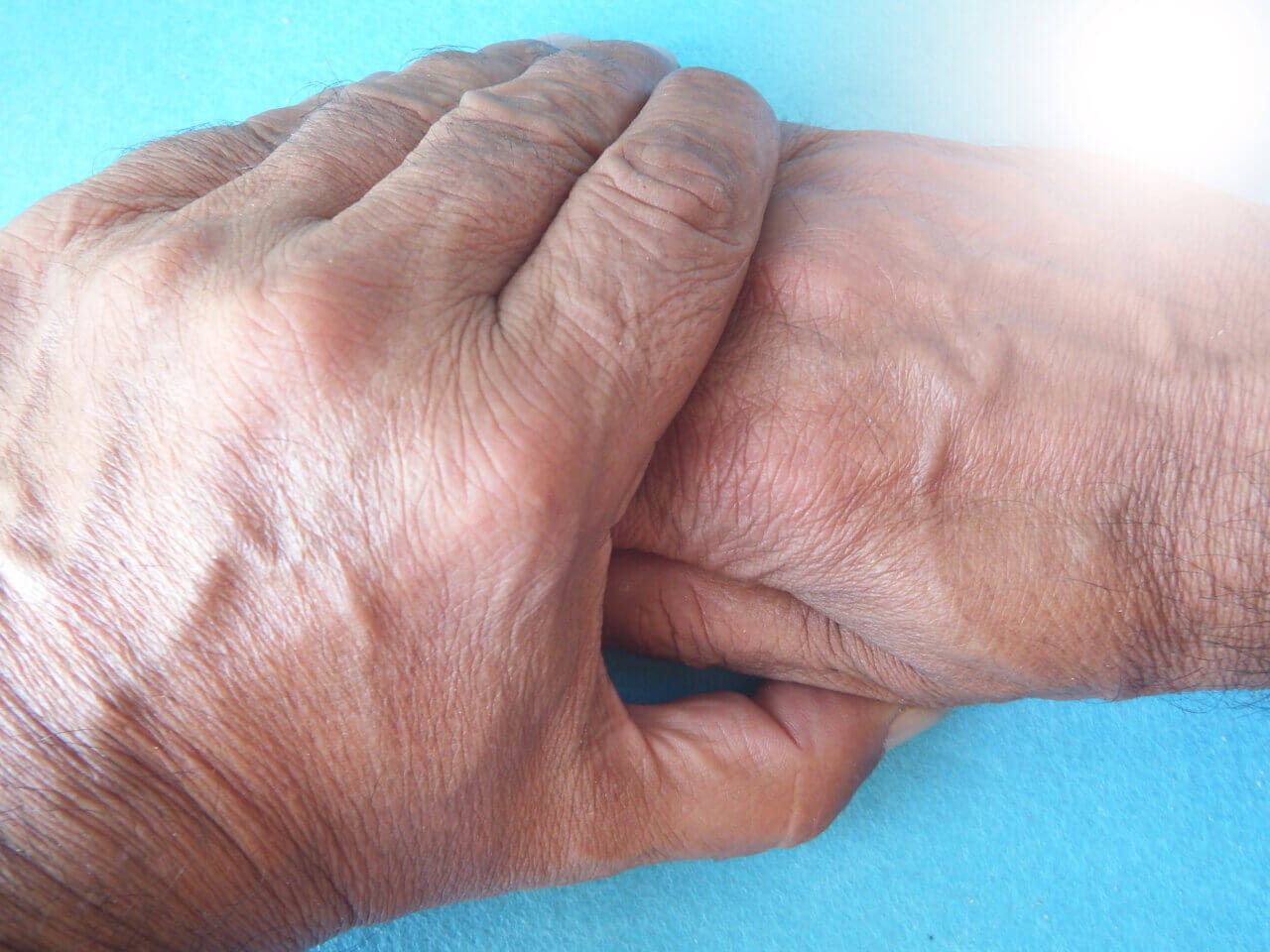What Is Frontotemporal Dementia?

Doctors use the term frontotemporal dementia to refer to a group of brain disorders that primarily affect the brain’s frontal and temporal lobes. These areas are associated with language, behavior, and personality.
The condition is also called FTD, Pick disease, or Pick’s disease (after psychiatrist Arnold Pick who first identified it), and frontotemporal lobar degeneration (FTLD).
Frontotemporal Dementia Symptoms
People with frontotemporal dementia typically demonstrate extreme changes in personality and behavior as the condition worsens. In general, these changes include:
- Lack of judgment
- Decreased inhibitions
- Inappropriate social behaviors
- Loss of empathy and sensitivity to the feelings of others
- Reduced interest in activities previously enjoyed (which can be mistaken for depression)
- Overeating or increased hunger for sweets and other carbohydrates
- Eating inedible objects or wanting to put inappropriate things in their mouth
- Repetitive, compulsive behaviors like clapping or smacking the lips
- Lack of attention to personal hygiene
Frontotemporal dementia also causes symptoms specific to language and movement.
Language problems
Types of dementia called semantic dementia, progressive agrammatic (nonfluent) aphasia, and primary progressive aphasia cause language impairment or loss of speech. These conditions can produce symptoms like:
- Mistakes in forming sentences
- Speaking in a hesitant or halting manner
- Difficulty talking or writing, including trouble finding the right words
- Trouble naming objects
- Forgetting word meanings
Movement problems
Motor (movement) disorders are less common in frontotemporal dementia. When they occur, symptoms can be similar to those of amyotrophic lateral sclerosis (ALS) and Parkinson’s disease and include:
- Muscle spasms or twitches
- Muscle weakness
- Lack of coordination
- Tremors
- Rigidity
- Trouble walking
- Difficulty swallowing
- Falls
- Inappropriate crying or laughing
7 Stages of Frontotemporal Dementia
Typically, frontotemporal dementia progresses through seven stages:
- Mild cognitive impairment
- Small changes in behavior
- Language problems
- Noticeable effects on quality of life
- Mood swings and personality changes
- Deteriorating memory
- Severe impairment and declining health
If you notice these changes in yourself or a loved one, it’s important to consult a physician. While the condition can’t be cured, there are steps families, and other caregivers can take to support a person with frontotemporal dementia more effectively.
How Is Frontotemporal Dementia Diagnosed?
There’s no specific test for frontotemporal dementia. Doctors talk with patients about symptoms and perform various tests to rule out other possible conditions. This may include:
- Blood tests to check for kidney or liver disease
- Neuropsychological tests to assess memory and reasoning skills and help distinguish frontotemporal dementia from other forms
- Sleep studies to determine if sleep apnea may be causing cognitive problems
- Magnetic resonance imaging (MRI) scans to obtain detailed images of the brain
- Fluorodeoxyglucose positron emission tracer (FDG-PET) scans to identify areas of the brain where nutrients aren’t appropriately metabolized due to degeneration
There also is a connection between frontotemporal dementia and the eyes. Loss of cells in the retina is one of the first signs of the condition in people genetically predisposed to it.
How Is Frontotemporal Dementia Treated?
There’s no cure or specific treatment for frontotemporal dementia. Unfortunately, drugs for slowing the progression of Alzheimer’s disease don’t produce similar results in patients with FTD. However, doctors can prescribe medications to address symptoms.
Antidepressants like trazodone or serotonin reuptake inhibitors (SSRIs) such as citalopram (Celexa), paroxetine (Paxil), or sertraline (Zoloft) may reduce some behavior problems. Doctors may also prescribe antipsychotics like olanzapine (Zyprexa) or quetiapine (Seroquel). However, they do so cautiously as those drugs can have serious side effects and may increase the risk of death.
In addition, patients with trouble speaking can also benefit from speech therapy, including learning alternative communication strategies.
How Frontotemporal Dementia Affects Families
Both the patient and their family face challenges from frontotemporal dementia. As the condition progresses, caring for the loved one becomes increasingly difficult.
Consequently, it’s crucial to lean on friends, support groups, healthcare agencies, and others outside your home for assistance. This includes respite care that allows you some time away to lower your stress level.
Ultimately, as the condition worsens, many families turn to nursing homes. That change is often best for the patient and their family.
Get Support for Frontotemporal Dementia from Baptist Health
If you have questions or concerns about frontotemporal dementia, your Baptist Health physician is happy to answer them. They may also refer you to our behavioral health experts.


.jpg?rev=9ddf6790805749b994e44780efdfb13c)
